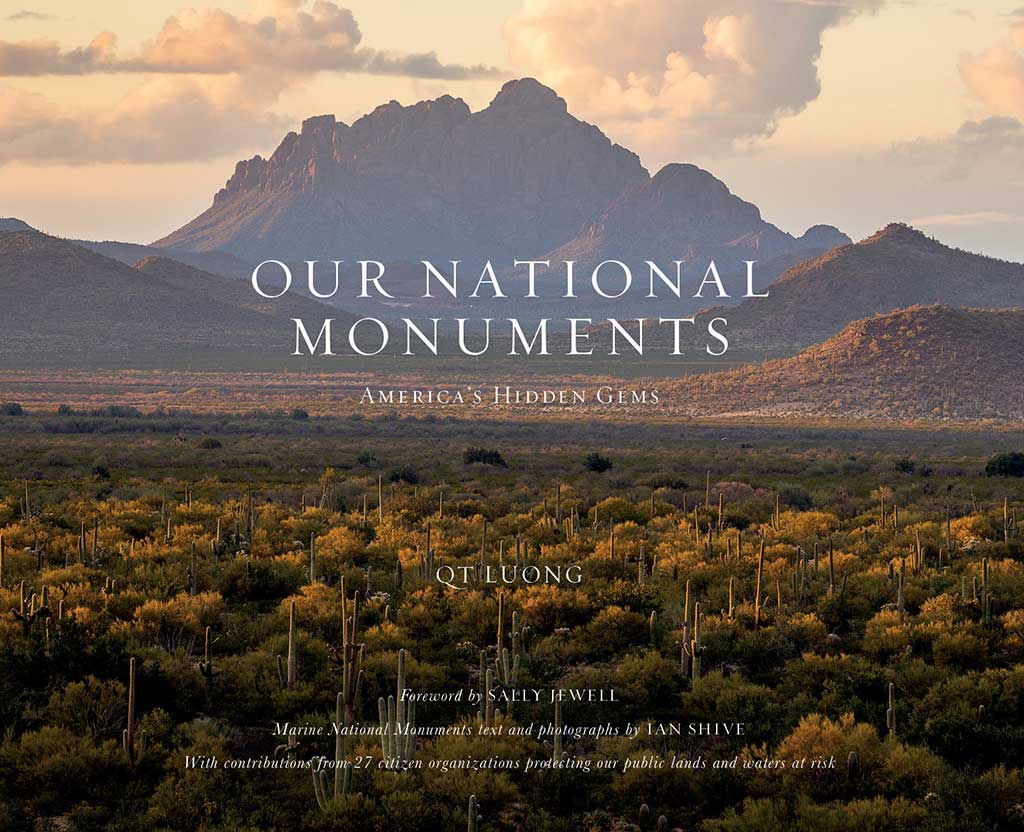
One of my favorite ways to enjoy and learn about nature photography is through printed books and over the years, I have accumulated a large, diverse collection. Most of the books on my bookshelf fit nicely into a single category: portfolio, planning resource, reference, cultural/natural history, or photography education.
Sometimes a book might fit into two of these categories, but it is rare to find a publication that is all of these things in a single volume. Because they are both so comprehensive and achieve a level of excellence in each of these areas, Our National Monuments: America’s Hidden Gems and Treasured Lands: A Photographic Odyssey through America’s National Parks, both by QT Luong, are essential books for any photographer who values and visits public lands in the United States.
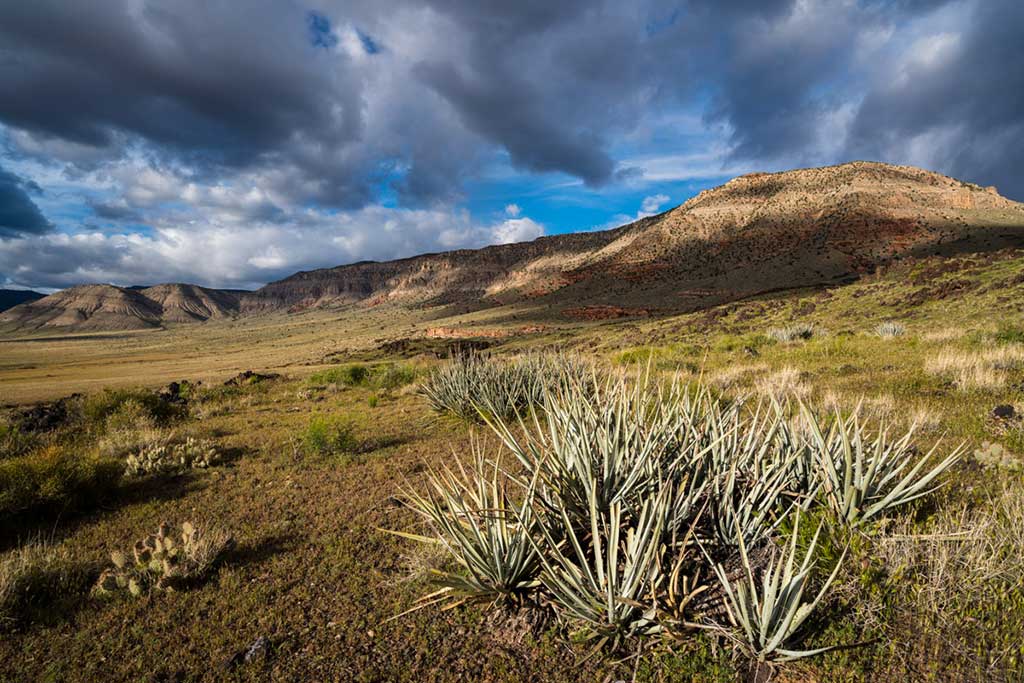
.jwplayer { margin-bottom: 20px; margin-left: auto; margin-right: auto; }
Although I own and value both books, this review is focused on Our National Monuments. I bought Our National Monuments during the pre-order phase and when I received it, I flipped through the photos and read some of the essays introducing each national monument.
My initial impression was quite positive: beautiful printing on substantial paper, a comprehensive narrative about each monument, and in-depth photographic coverage to bring the text to life. I recently used Our National Monuments to help plan a future photography trip and this experience with the book made me appreciate it even more.
Starting with a foreword written by former Secretary of the Interior Sally Jewell and an in-depth introduction covering the origin of national monuments along with an overview of the conservation issues facing these lands, the rest of the book is organized by state. Within each state, individual chapters focus on one national monument (the book covers twenty-seven national monuments in total).
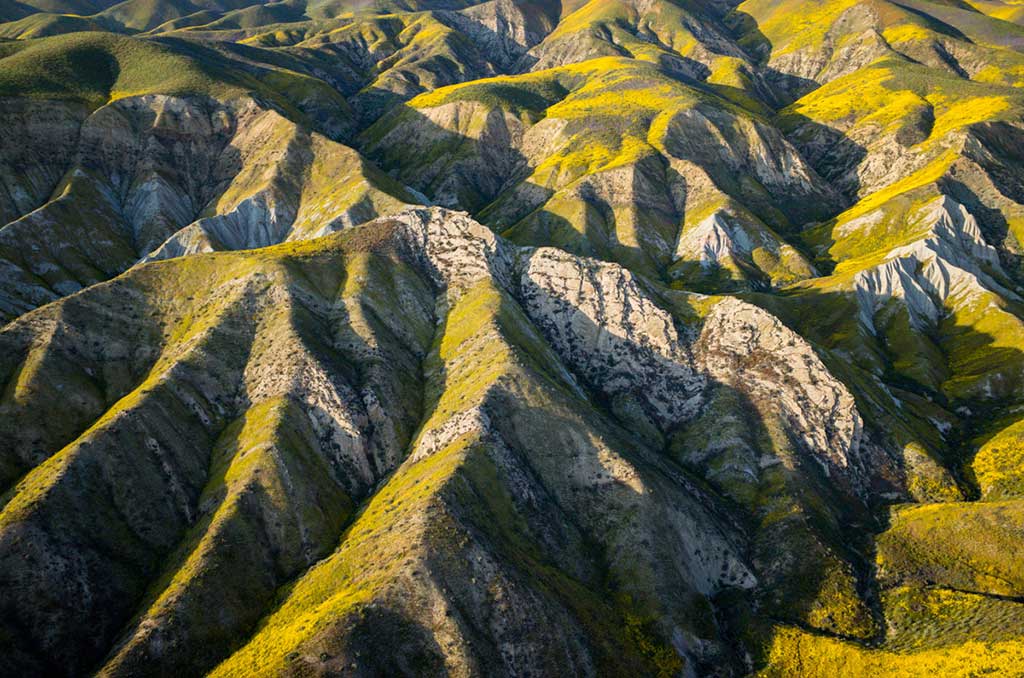
Each chapter opens with a narrative, usually written by a nonprofit organization that supports and advocates for each park, that represents the perspective of those closest to the monument and offers context about the landscape. A comprehensive series of full-page photos from around each national monument follows, covering the major highlights, some lesser-known spots, and more intimate views.
After the photos, Luong provides reference information including a helpful overview map, orientation information, an overview of the park’s seasons, and a discussion about each of the preceding photographs.
When taken separately, each of these chapters provides an excellent introduction to each monument: the local perspective, a sense of the conservation issues, context for the area’s geography, natural and cultural history, useful trip planning resources, and ideas for how a photography trip might work. When taken together, Our National Monuments is an incredible achievement as a work providing inspiration, information, and advocacy in a single volume.
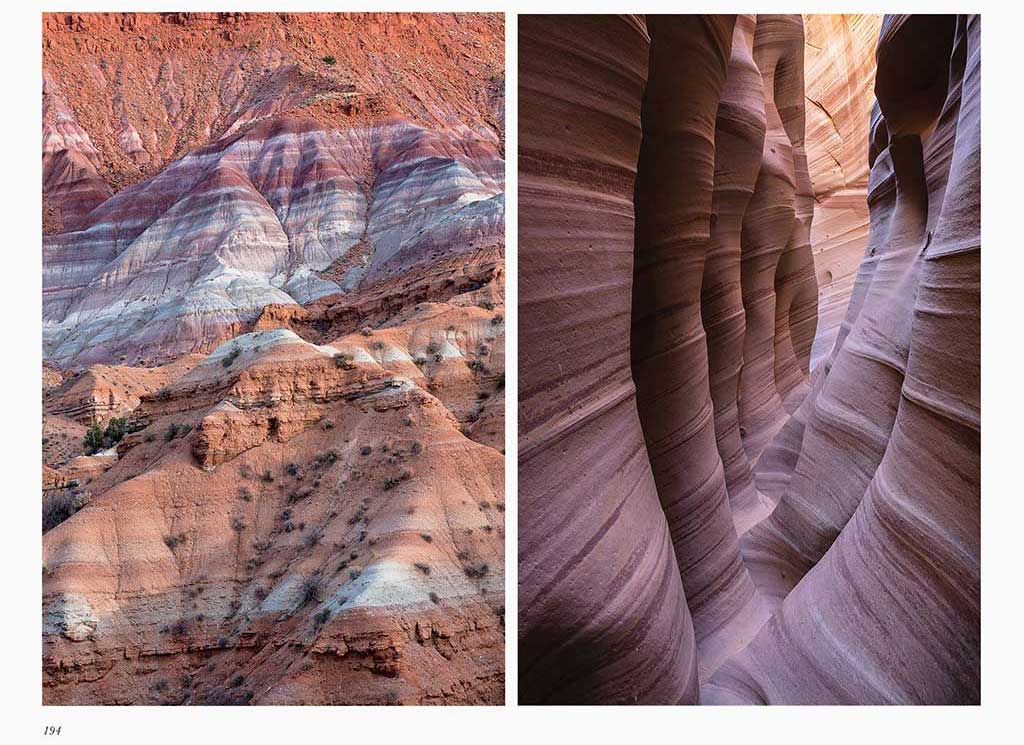
Writing about public lands in the United States is a complicated endeavor right now. With the COVID pandemic encouraging more people to get outside, chronic underfunding for federal parks and public lands, ever-changing public policy, and social media making information much more accessible, places like national parks, monuments, and other federal lands are under a lot of pressure.
With these trends in mind, the tendency among conservation-minded nature photographers seems to be to protect information instead of sharing it, with the hope of keeping some places off the beaten path. With Our National Monuments, Luong has chosen a different approach.
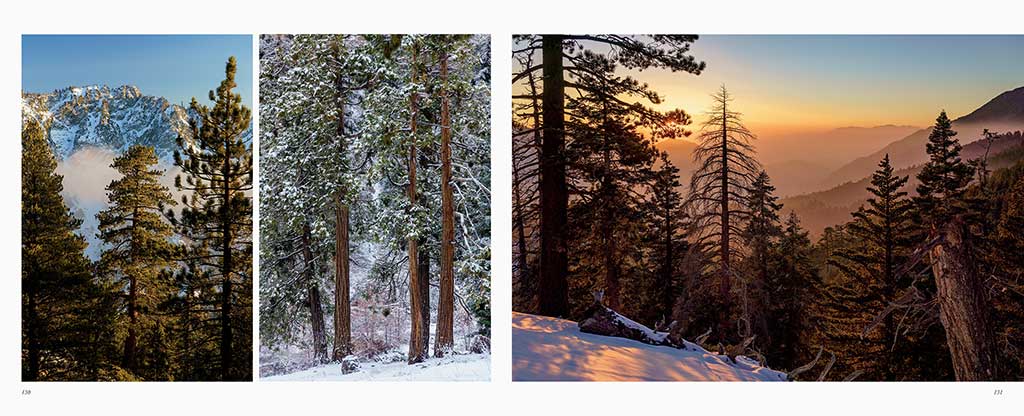
By providing context about each place, information about the very real threats to some of these landscapes and showing significant reverence for each place through both the writing and the photographs, this book has the potential to inspire a much deeper appreciation for these relatively unknown public lands. Even if this book will bring more visitors to some of these places, it takes a responsible, respectful approach to educating more people about the importance of America’s national monuments and hopefully helps build a bigger, more invested constituency for protecting special places across the United States.
For all these reasons, I highly recommend Our National Monuments as an essential part of any photography book collection.
<!–  By Sarah Marino –>
By Sarah Marino –>